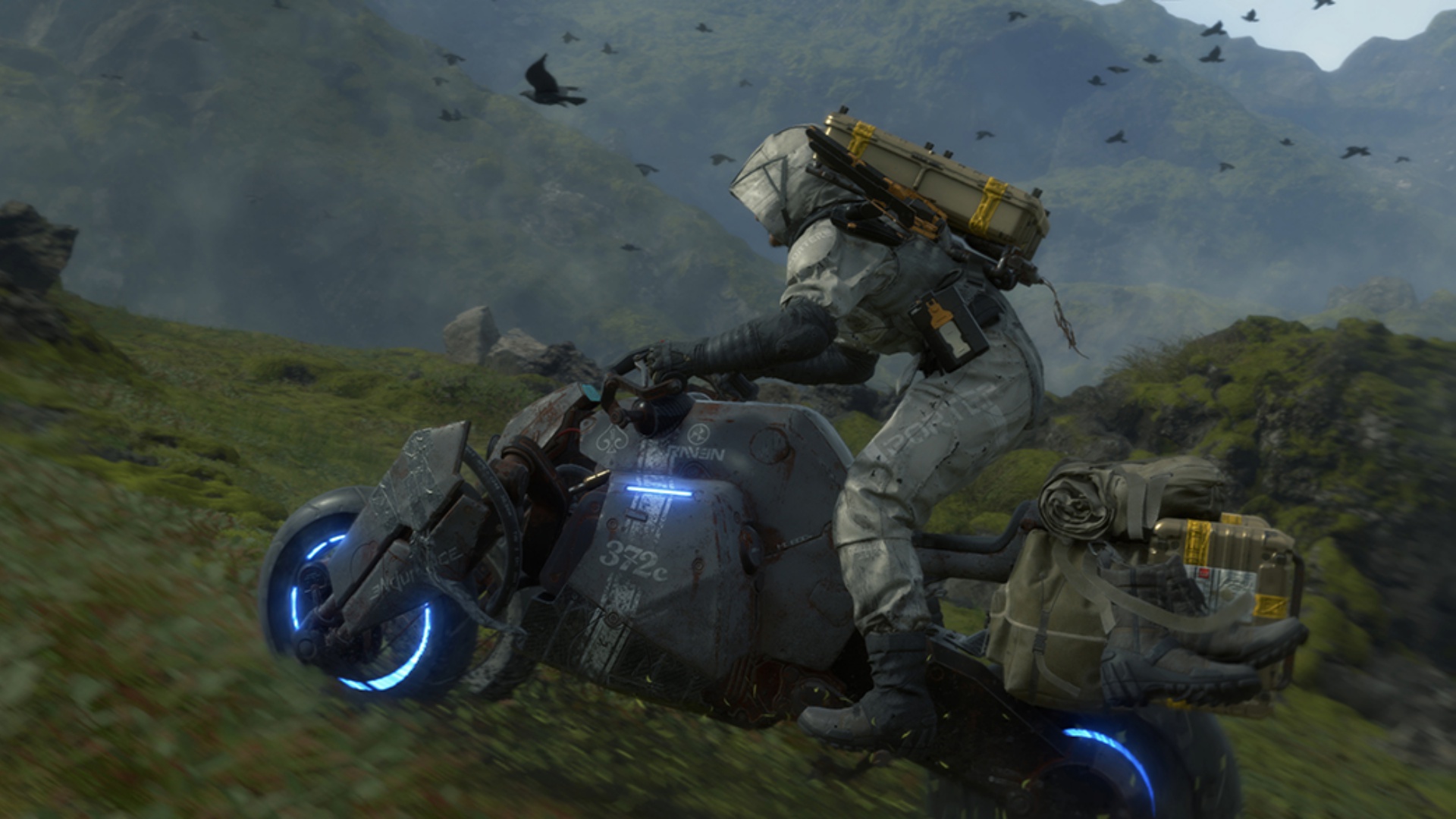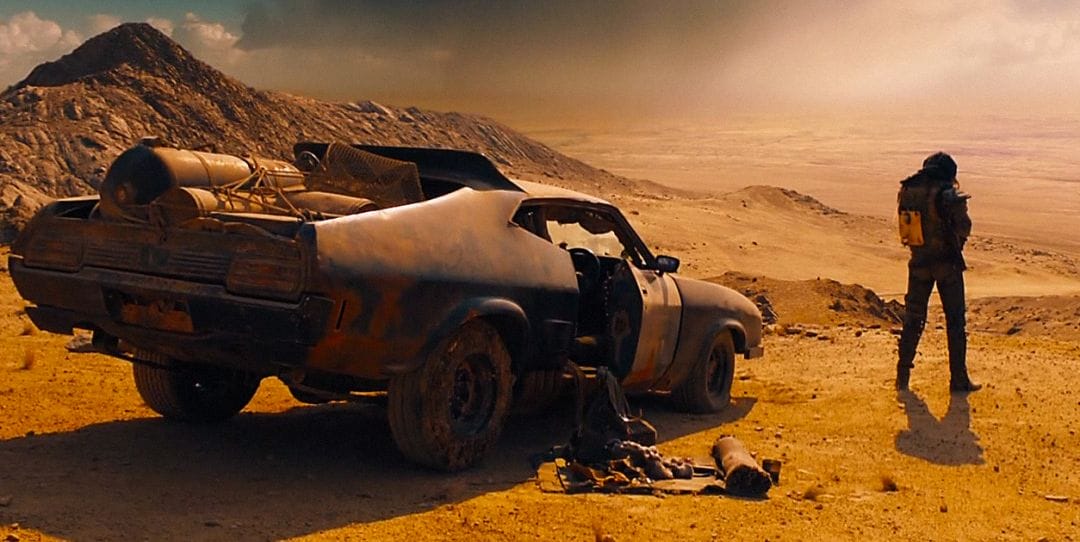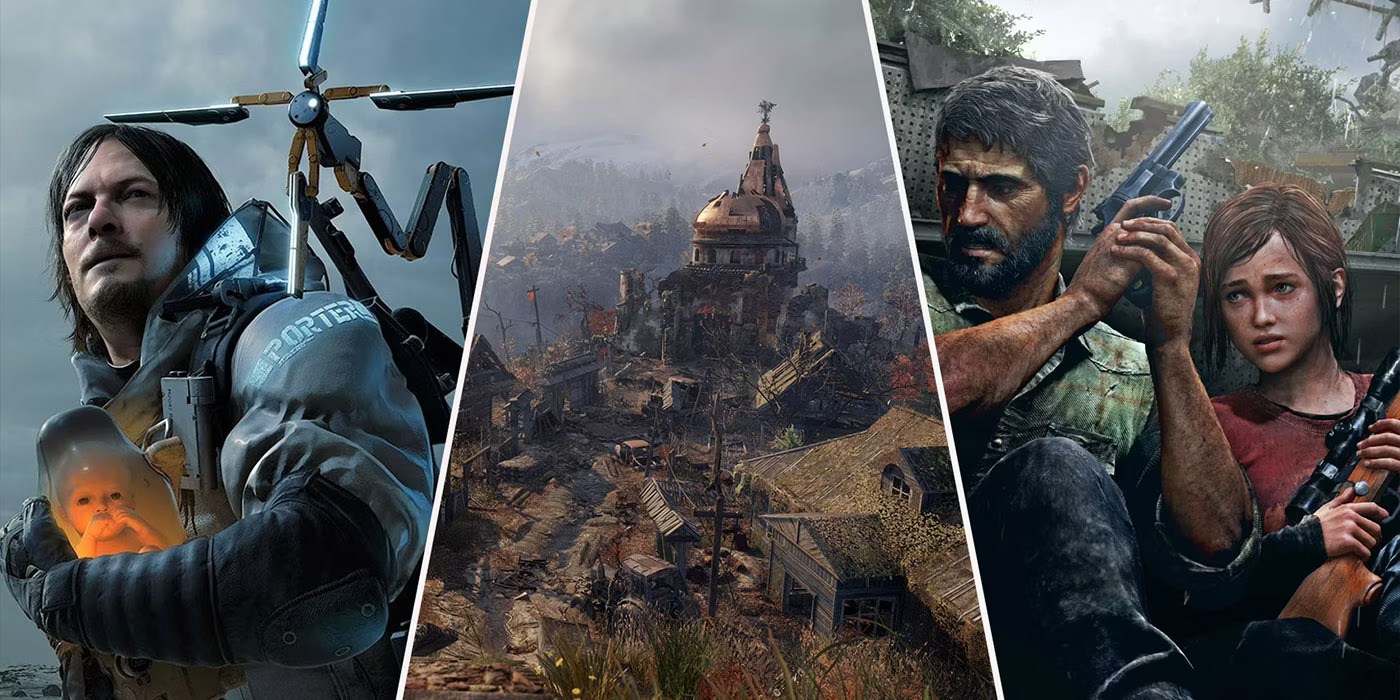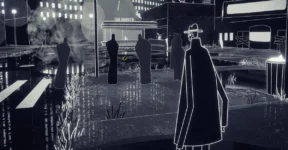According to the Oxford Learner’s Dictionaries, the term “apocalypse” refers to either the destruction of the world or the end of the world, as described in the Bible. Regardless of the definition you want to use, an apocalypse is an event that marks a massive ending where lives on Earth begin to cease to exist. That said, nearly all films, novels and video games in the post-apocalyptic genre depict an apocalypse merely as a new beginning. Think of it as a derivative of the Genesis flood narrative. Survivors probably don’t have the luxury of using services from post-apocalyptic dispatch companies, at least for the first few years after the doomsday. Everyone is busy trying to grow crops, dig wells, build water turbines, make the radio work, and fortify defenses. This is not to say the companies are farfetched ideas; it is just that people have different priorities in the immediate aftermath of the world’s destruction.

If another apocalypse of biblical proportion is to come – whether climate disaster, nuclear war, zombie outbreak, alien invasion, or everything else in between – in all likelihood, the vast majority of the world will be rendered empty. At least 90% of the population will vanish, leaving behind only small groups of survivors scattered across massive land areas.
Since humans are not always ignorant, many of the settlements may become aware of each other’s existence in the weeks and months that follow, either from scouts or radio contacts. They establish a new economy by trading vegetables, medical supplies, ammunitions, raw materials, and basically any commodity to sustain life and keep on rebuilding their shelters.
Even if post-apocalyptic dispatch companies are still years away from existence, there still needs to be someone or a small band of people to facilitate long-distance trading activities. What if you are among the only individuals deemed capable of handling the task of navigating the treacherous landscape full of bandits, marauders, zombies, mutants, alien patrols, and cannibals? Nearly all fictional accounts of post-apocalyptic society and culture rarely focus on the importance of commerce, but there are some good exceptions; one of them is Hideo Kojima’s Death Stranding.
Let us establish some basic facts first: Death Stranding is a video game that focuses on a delivery man who runs his business in a post-apocalyptic world where only small pockets of humanity, including the corporation behind the widely-popular Monster Energy drink, and broken fragments of modern technology have survived. To move the story forward, the player has to make one delivery after another across the American wasteland while avoiding highwaymen and lethal mysterious entities who indiscriminately devour every survivor in their sight. Each successful delivery brings the player closer to equipment upgrades, which should help make the job easier as the tasks get even more challenging.
But it is not just about the grind of bringing items from point A to B. Death Stranding is sprinkled with a chunk of subtle underlying topics that revolve around the ideas of family, identity, death, spirituality, work-life balance, and America at large.

You are playing as Sam Porter Bridges (portrayed by Norman Reedus), essentially a postman assigned to the grueling duty of reconnecting the remnants of human civilization by completing a sequence of delivery jobs across North America in the aftermath of a doomsday event. Making sure that the package arrives at its destination often involves more than clever route planning but also stealth combat tactics and practical knowledge in weaponry, from sticky guns to smoke decoys. If there were post-apocalyptic dispatch companies, most of their employees would be required to have more or less the same skillset too.
As a delivery guy, Sam is no stranger to the routines of arranging items properly and modifying the transport vehicles to ease the hassles. He also has the option to undertake side missions and quests, which may lead to the discovery of hard-to-find items useful for subsequent trips.
Inventory management makes for a big portion of the job, so do rebuilding the roads and upgrading vehicle capacity. As expected, an improvement over one particular aspect can introduce drawbacks to another. For example, an increase in cargo capacity naturally means a decrease in speed; the otherwise useful auto-arrange option may end up shoving some food items onto difficult-to-reach spots; and carrying too many weapons for safety will terribly weigh you down to the point where keeping balance seems impossible.
We think dispatch companies will always occupy an essential part in the world’s economy, even in a post-apocalyptic era. Although it is difficult to make predictions with any degree of certainty about how such companies should conduct their businesses in the bleak aftermath of a doomsday event, you can observe the basic conjectures in Death Stranding and experience the arduous mission of a delivery man in his effort to bridge trades and the hope of a better future for all Americans isolated in subterranean shelters.
Can you name any post-apocalyptic film, novel, or game that focuses on dispatch companies? Do you actually like Death Stranding? We’d love to hear from you.
Other Things You Might Want to Know:
Is Death Stranding an action-adventure game or RPG?
Death Stranding is primarily an action game, but you’ll come across some RPG elements as the plot advances.
Who is Norman Reedus?
He is Daryl Dixon from The Walking Dead. In fact, the character is so famous that he has also starred in a spin-off called The Walking Dead: Daryl Dixon.
Does the game have other popular voice actors?
Death Stranding features quite a lot of major Hollywood names as voice actors, such as Guillermo del Toro, Margaret Qualley, Mads Mikkelsen, and Léa Seydoux.
Check out other articles by month:







